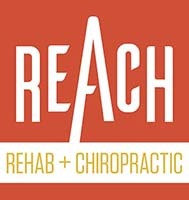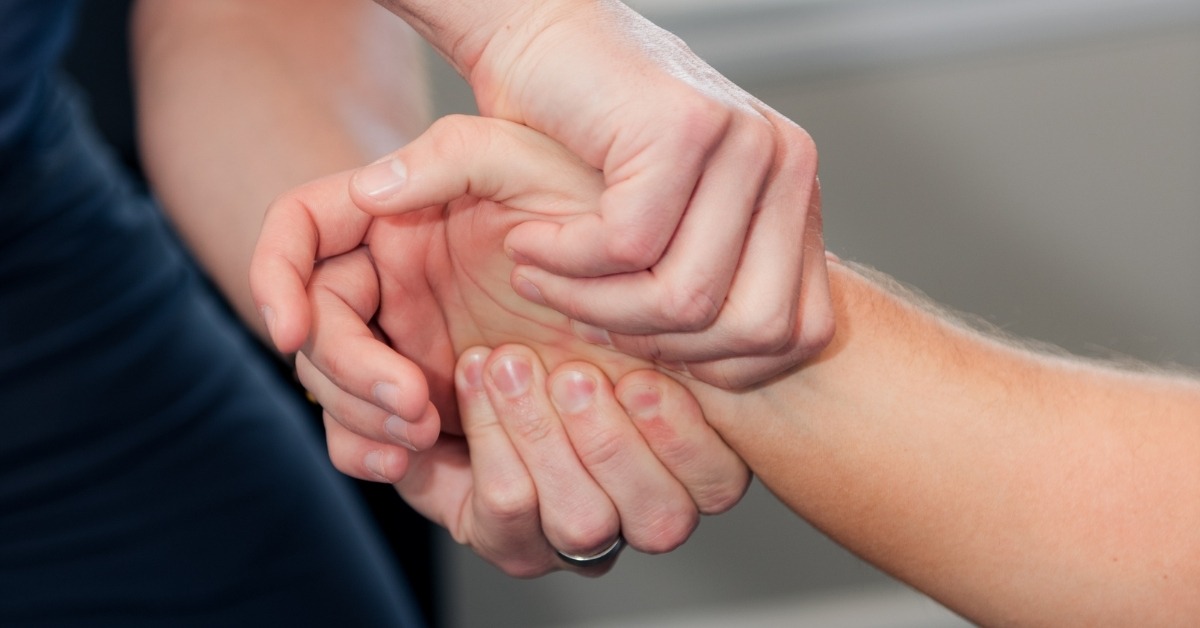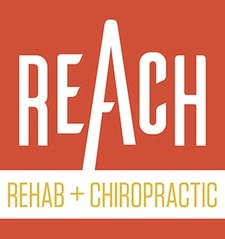Introduction to Carpal Tunnel Syndrome (CTS)
Flexor retinaculum and carpal tunnel syndrome affects many people and limits the function of the wrist. This condition occurs because the median nerve, one of the three main nerves that run throughout your arm, faces excess pressure from surrounding ligaments. Median nerve compression can result in symptoms like wrist pain, tingling, weakness, or pain in the fingers.
Many people with pain in their wrist but no injury come to the conclusion that they have CTS. An experienced clinician can diagnose the issue with a physical exam and exercises that test wrist function.
Demystifying Misconceptions About CTS
Chances are you’ve experienced wrist pain at some point in your life. If no known injury is to blame, could you have carpal tunnel syndrome? The belief that all wrist pain comes from CTS is one of the biggest misconceptions about this condition.
CTS may only affect one of your hands rather than both. If you have pain radiating from both wrists, the cause may not be CTS. Other possibilities include irritation of the palmer branch of the median nerve or even a spinal condition. The symptoms that you’re experiencing can be similar to the common symptoms of carpal tunnel syndrome but not indicate the condition itself.
Consult with an expert to evaluate your nerves and find the source of the pain.
Flexor Retinaculum and Carpal Tunnel Syndrome
Your hand anatomy consists of a few key components. The median nerve extends from the cervical spinal cord through your arm, wrist, and fingers. The median nerve runs through the carpal tunnel in your wrist and relies on a ligament called the flexor retinaculum for protection.
This strong, fibrous band serves as the roof for the wrist’s carpal tunnel. Due to its position in the musculoskeletal system, the flexor retinaculum could place excess pressure on the median nerve and cause carpal tunnel syndrome. It’s possible that you could have the symptoms of CTS because of this ligament compressing the carpal tunnel and your median nerve.
CTS-Like Symptoms Without True CTS
Say you’re experiencing intense pain in your wrist with no known cause. You have a tingling feeling and weakness in the wrist that makes daily tasks difficult. Is carpal tunnel syndrome to blame?
It’s fairly common for people to experience the symptoms of CTS without actually having the condition. For example, the median nerve could be irritated along the palmar branch. Consistent pressure on this area along the palm side of your wrist can replicate the symptoms of CTS but not lead to a formal diagnosis.
You can irritate the palmar branch of the median nerve in a number of ways, such as typing on a keyboard for several hours a day. A musculoskeletal expert, like the team at REACH Rehab + Chiropractic, can determine if CTS is to blame.
The Connection Between the Spine and CTS Symptoms
Did you know the active chiropractic care we use at REACH may be the best solution for recurring carpal tunnel syndrome symptoms? Compression of the median nerve leads to a formal diagnosis of CTS. However, you can experience symptoms like wrist and hand pain because of an underlying issue of your cervical thoracic.
Think of a garden hose that has a kink in it. Water may not flow out of the spout, but the problem actually lies further away at the twisted part of the hose. Once you address that issue, the water should flow freely.
You may have an issue impacting your spine, but it presents as pain in your wrists. A chiropractor that also specializes in rehab and manual therapy can treat the problem to alleviate pain. We can help you treat the problem, but also help you understand where the problem is sourced, where it’s coming from. We can help you learn why, and then how to also what you can do on your on to maintain that.
Treatment Options and Strategies for Managing Wrist Pain
If you suffer from wrist pain due to flexor retinaculum and carpal tunnel syndrome, treatment is available. Thankfully, you don’t have to undergo painful surgery to find some relief. Visit a trusted chiropractor in Plymouth, MI, who can assess your pain and offer helpful tips for CTS symptoms.
The caring and knowledgeable clinicians at REACH Rehab + Chiropractic are here to help you manage your wrist pain. We use proven, holistic treatment plans that provide pain relief. Contact us today at 734-335-0212 to schedule an appointment with one of our trained chiropractors.


